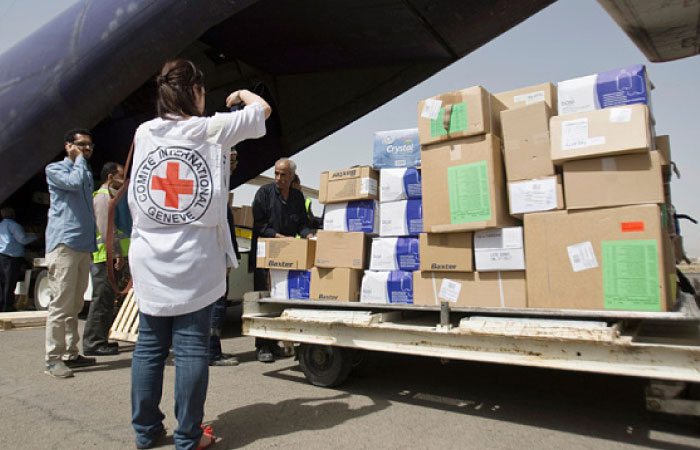The King Salman Center for Relief and Humanitarian Work managed to put in effect a full package of humanitarian support which covers each of the mother, child, pregnant women and elderly men in Yemen.
The package will be mobilized through programs funded by the center itself and carried out by the World Health Organization with health partners in Yemen.
As many as 3,825,000 women and 3,675,000 men benefited from these programs.
In collaboration with health partners in the war-torn country, the WHO had carried out two main Yemeni national campaigns including anti-measles and rubella vaccination for males and children who are under five years old.
About 2,321,319 boys and about 2,416,066 girls benefited from the campaigns, reaching the total target of 4,737,386 boys and girls in the current phase, S.P.A reported.
The WHO has funded charges of sending 12 teams to provide primary health care, complementary services in the provinces of Aden and Abyan, Hajjah, Sana’a, Saada and Socotra—all of which are extremely deprived Yemeni governorates.
Moreover, late June, the U.N. Secretary General spokesperson, Stephane Dujarric, had made a statement on Saudi Arabia being the leading donor of humanitarian relief in the region.
On the other hand, Deputy Spokesman for the Secretary General Farhan Haq had stated that the U.N. shares strong ties with Saudi Arabia, adding that Riyadh was one of the founders of the international organization.
Haq noted that Saudi Arabia became a U.N. official member on October 24, the same day which the U.N. was established.
The Secretary General’s deputy spokesman had revealed that talks held between the Deputy Crown Prince and Ban Ki-moon tackled Saudi Arabia’s Vision 2030, which the U.N. sees as a great opportunity that opens the door to sustainable growth.
